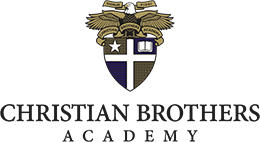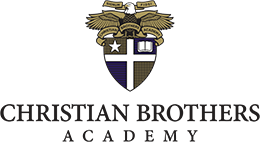Earth Science is a laboratory science course that explores origins and the connections between the physical, chemical, and biological processes of the earth system. Students experience the content of Earth Science through inquiry-based laboratory investigations and focus on topics associated with matter, energy, crystal dynamics, cosmic evolution and structure, cycles, geochemical processes, and the expanded time scales needed to understand events in the earth system. Earth Science provides the knowledge, skills, and habits of mind needed for problem solving and ethical decision making about scientific and technological issues. Embedded standards for Inquiry and Technology & Engineering are taught in the context of the content standards for the Universe, Energy in the Earth System, Cycles in the Earth System, and Geologic History. Students will take the NYS Earth Science Regents exam at the end of the course. In addition to the course description above the Earth Science Honors course will include the following: Reading and writing assignments that will encourage and require a greater depth of understanding of Earth Science concepts and require students to proficiently communicate their ideas. Some of these assignments may require additional research into a particular area of Earth Science. Honors lab activities and extensions that will require more sophisticated math and geometry, trigonometry, and algebra to help convey scientific information. These lab activities will require higher level analytical skills and the ability to work independently. Mandatory projects involving (quizzes, tests, etc,) that will reflect the depth of understanding expected of Honors students. Students will take the NYS Earth Science Regents exam at the end of the course.

